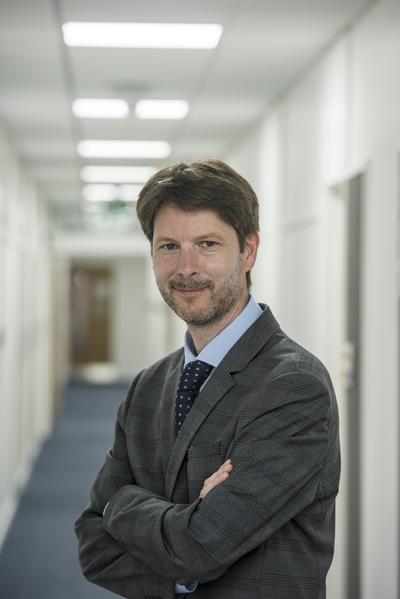Reducing the cost of opportunistic fraud

Insurance fraud has considerable social and economic significance, with detected fraud in the UK accounting for around £1bn a year, and undetected fraud estimated at a further £2bn per year.
While some of this is the result of organised crime, a large proportion is ‘opportunistic’ fraud carried out by normal homeowners, drivers and companies.
Research by Professor James Davey at Southampton Law School into this opportunistic fraud by otherwise honest policyholders, has significantly altered current law, policy and industry practice.
His research has shown that strict laws did not necessarily provide effective deterrents, and that changes in claims forms and processes could have more impact.
He said: “Opportunistic fraud is not planned in advance, but carried out by normal people when they see an opportunity to improve their position by making an insurance claim. This might be adding extra items when reporting losses from a burglary, or forging receipts to help a claim get paid more quickly.
“The standard way of limiting this fraud has previously been to catch people ‘at it’ and blacklist them. Judges were persuaded that a strong message of deterrent had to be sent out by applying strict rules, however, my research (carried out in part with Dr Katie Richards of Cardiff University) showed that these legal rules had limited deterrent, and interventions could be more effective and less costly to implement.”
James’ work drew on empirical research undertaken outside of the UK and investigated the use of ‘nudges’ in reducing opportunistic fraud. These ‘nudges’ involved publishing reminder ‘pop-up’ messages on a simulated insurance website saying that most people are honest.
James said: “The results under laboratory conditions were very promising. On average, the use of a ‘nudge’ reduced the propensity to lie about a pre-existing motor conviction by 36 per cent. Some interventions had double this effect, reducing the level of expected fraud by 74 per cent. This evidence shows that it is much more effective to tell insureds that most of the population is honest, rather than to tell them that bad things happen to those who lie.
“These interventions also have multiple benefits – they cost very little to implement, they can reduce the level of fraud, and they can also limit the number of people who have to be blacklisted.”
The results have been widely shared among the insurance industry, counter-fraud industry, judges and lawyers, financial regulators and a blueprint has been designed for insurers who wish to adopt the new techniques.
An interview with Professor James Davey, Professor of Insurance and Commercial Law
When did you join Southampton Law School and what is your role?
I came to Southampton in 2014 and I teach Remedies in Contract & Torts to second and third year students, Insurance Contract Law to final year students and Marine Insurance to LLM students.
What do you enjoy most about your work?
I really enjoy teaching students and seeing them give thought to areas that matter to me. A student who had read one of my recent papers and the book I was challenging, gave me a thoroughly insightful critique of the two positions and which she preferred. This was a special moment, as I don’t want students to agree with me, I want them to debate with me.
What sparked your interest in Law?
I am of the first generation in my family to stay in education beyond 16. I did a law degree without quite knowing what it required, but I loved it from the first few days. I was taught Competition Law in my final year by Stephen Weatherill, now Jacques Delors Professor of European Law at the University of Oxford, and he inspired me to think about markets and law. His combination of reading, analysis and argument suited me.
What is your area of expertise?
I am primarily an insurance lawyer. This requires me to think across a wide range of disciplines including private law, regulatory theory, economics, psychology, sociology and others. I am heavily influenced by North American scholarship, which has always treated insurance as more than just a contract to be interpreted and enforced by the courts. Insurance is a key mechanism for sharing risk, and insurance law helps us understand what society sees as valuable and in need of protection. To take one example of the wider issues, I wrote the first empirical study of who commits murder to claim life insurance proceeds as a way of reimagining what regulation should look like.
What has been the highlight of your career so far?
The Supreme Court argument is live-streamed and there was a special moment when Lord Mance, Justice of the Supreme Court and the leading insurance judge of his era, interrupted counsel to ask a question based on my article Deterrence, human rights and illegality: the forfeiture rule in insurance contract law (2015) - Lloyd’s Maritime and Commercial Law Quarterly 315.
Do you have any other significant roles?
I am Deputy President (and President Elect) of the British Insurance Law Association that brings together industry representatives, insurance lawyers, judges and academics, and organises talks, conferences and papers.